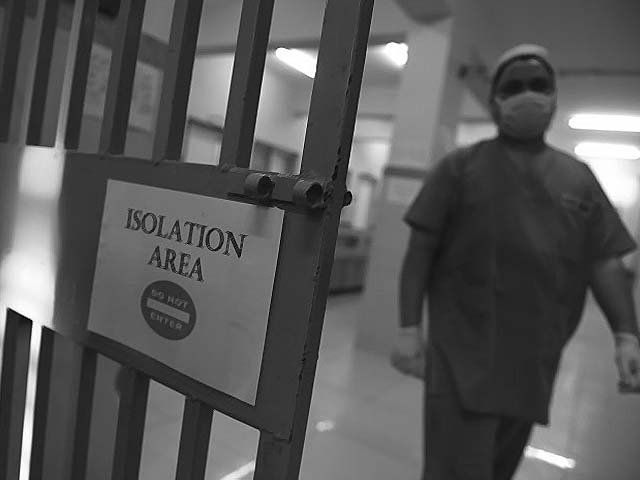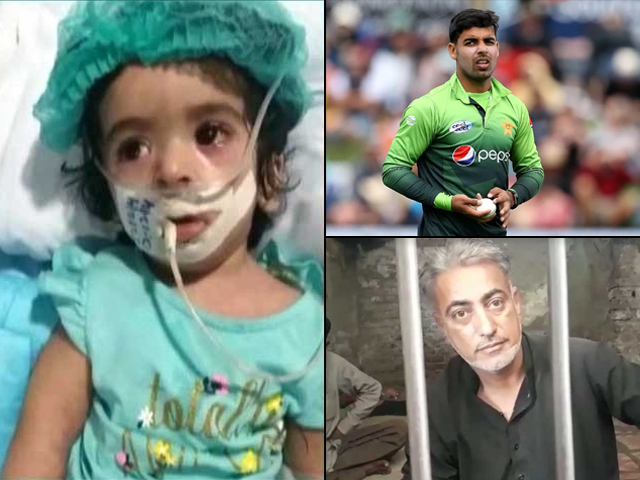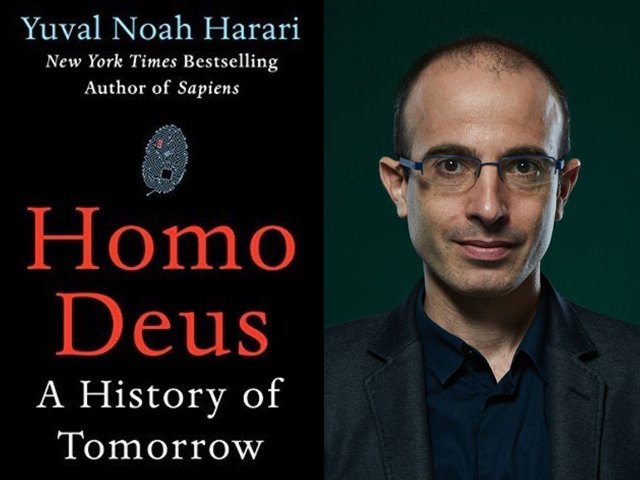
A doctor pictured in a hospital. PHOTO: AFP
The future of narrative medicine during Covid-19
Although the field has been steadily growing in the West, as a discipline it’s relatively nascent in Pakistan
“It has been said that next to hunger and thirst, our most basic human need is for storytelling”. – Khalil Gibran
Humans are natural story tellers and they have likely evolved to communicate through storytelling. That begs the question: why do we tell stories? One answer may be that it is through our stories that we allow different accounts of the same event to be held true. Akin to bearing witness, the storyteller’s task is to articulate the event in the most authentic manner. A narrative is simplistically a story. Then there is the narrator or storyteller. The challenge that the narrator has to rise to: to tell the story such that it generates empathy in the ‘audience’ (readers, for written stories); so they may live through the characters’ experience, by ‘walking in their shoes’. Hence, the narrator enables a lived experience versus simply reporting an event.
Narrative recounting or storytelling has also become quite popular in the field of medicine. Every employee in a clinical setting – doctor, nurse, receptionist, guard, housekeeper, or else – has, at some point in time, had an encounter or an observation that has likely shaped the way they deal with future patients or their families visiting the hospital. Unfortunately, this change is not always for the best and holds potential to negatively affect the patient-doctor or patient-nurse rapport, just taking those two clinical professions as a case in point. Furthermore, due to the sheer number of patients that physicians and nurses see daily, their empathy and compassion likely runs its natural course and soon peters out. Hence, one of the better ways to facilitate these healthcare professionals getting in touch with their humane side is through reading and writing about patient encounters – such reflective narrative content is just one example belonging to the genre called Narrative Medicine (NM).
NM has been described as “the capacity to recognise, metabolise, interpret, and be moved by stories of illness” by Dr Rita Charon, a Professor of Medicine at Columbia University, who originated the field. As one would expect from the pioneer and lifelong champion of the field, Dr Charon makes a very convincing argument for NM as follows:
“A medicine practiced without a general awareness of what patients go through may fulfill its technical goals but it may be an empty medicine, or at best half a medicine”. (Charon R, Narrative Medicine, New York, OUP, 2006)
Reflective or personal essays are generally short pieces exploring the emotional aspect of medical practice. They help the writer better process and understand his/her clinical encounter. And then, sharing those stories through the written word enables others to experience the patient’s predicament. The healing power of writing one’s own stories, as well as listening to and documenting others’, is backed by ample evidence.
Although the field has been steadily growing in the West, as a discipline it’s relatively nascent and unheard of in Pakistan. It is possible that we in Pakistan and other similar low-resource nations may be engaged in patient-centric verbal narratives, but a systematic effort for NM, including narrative writing as seen elsewhere, is lacking. We at the Aga Khan University have taught NM through a combination of formal and informal classroom and remote settings, including writing workshops and other skill-based sessions. Through such work we have involved students and professionals, many of whom have gone on to contribute their written narratives to our global NM blog archive.
This storytelling aspect of medicine has become all the more important during Covid-19. Everyone has been affected in some way. With so much uncertainty around the pandemic, there is immense anxiety and stress, not just among patients, but perhaps more palpably within the healthcare workforce. Particularly those at the frontlines of the battle against an invisible army. Therefore it is not at all surprising that some of the most poignant stories that have emanated are narratives of healthcare workers who were impacted by the coronavirus but managed to come out of it; those stories of survival have been documented and cherished the world over.
As natural storytellers, we are poised to survive any long battle through our stories. Covid-19 is no different. Rather than becoming mere Covid-19 statistics, we can make every story of illness, wellness, survival or death matter in this pandemic, and that is the power of NM.
All said and done, when and if humanity transcends the pandemic’s pandemonium, what we will be left with is our stories of Covid-19. Hence why not delve into documenting and curating them now – for ourselves, our patients and our future.
“If you don’t know the trees, you may be lost in the forest, but if you don’t know the stories, you may be lost in life”. – Siberian Elder




COMMENTS
Comments are moderated and generally will be posted if they are on-topic and not abusive.
For more information, please see our Comments FAQ